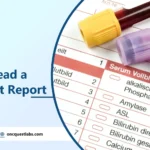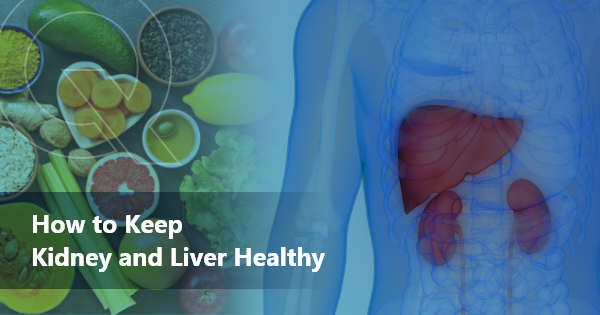Health checks help identify health risks. A variety of tests that look at your cardiovascular risk (heart and circulation) and blood and urine tests are conducted during annual health checkups.
Getting a check-up can detect or help identify whether you’re at risk of conditions such as:
● Heart disease
● Diabetes
● Kidney disease
● Stroke
● Dementia
You will also be given advice on preventing these conditions through lifestyle changes.
A health check-up should do the following tests for you:
Contents
Complete Blood Count (CBC)
It gives your provider information about your blood and overall health. This test includes a series of tests that evaluate blood cells to help detect various disorders, including anaemia, infection and leukaemia.
A complete blood count test measures several components and features of your blood, including:
● Red blood cells, which carry oxygen
● Haemoglobin, the oxygen-carrying protein in red blood cells
● Hematocrit, the proportion of red blood cells to the fluid component, or plasma, in your blood
● Platelets, which help with blood clotting
HbA1c test
A typical test measures how much sugar has been in your blood over the previous few months. The test is often called A1c, or sometimes HbA1c. It’s a simple blood test used to:
● Detect pre-diabetes — high sugar levels that lead to diabetes, heart disease and stroke.
● Diagnose diabetes.
● Tell how well a person with diabetes has been managing the disease.
Lipid Profile
Blood test to monitor and screen for risk of cardiovascular disease. The panel includes three measurements of your cholesterol levels and the measurement of triglycerides.
A lipid panel measures five different types of lipids from a blood sample, including:
● Total cholesterol: This is your overall cholesterol level
● Low-density lipoprotein (LDL) cholesterol: known as “bad cholesterol”, it can collect in your blood vessels and increase your risk of cardiovascular disease.
● Very low-density lipoprotein (VLDL) cholesterol: usually present in deficient amounts when the blood sample is a fasting sample
● High-density lipoprotein (HDL) cholesterol: known as “good cholesterol”, helps decrease LDL buildup in your blood vessels.
● Triglycerides: This is a type of fat from the food we eat. High levels of triglycerides are associated with cardiovascular disease and pancreatic inflammation.
Kidney Function Tests (KFT)
Kidney Function Tests are urine or blood tests that evaluate how well your kidneys are working.
The doctor may order one or a few different kidney function tests. You may have blood tests for kidney function, such as:
● Blood urea nitrogen (BUN) measures nitrogen (made from protein breakdown) in your blood.
● Estimated GFR (eGFR) calculates filtration rates based on your protein levels, age, gender, size and race.
● Serum creatinine looks for the buildup of creatinine, a waste product from muscle tissue breakdown.
Your healthcare provider may also use 24-hour urine tests, including:
● Microalbuminuria looks for a specific protein called albumin.
● Urinalysis evaluates your urine for blood, proteins and function.
Liver Function Tests (LFT)
Liver Function Tests are blood tests used to help diagnose and monitor liver disease or damage. Some liver tests tell how well the liver is performing its normal functions of producing protein and clearing bilirubin, a blood waste product. Other liver function tests measure enzymes that liver cells release in response to damage or disease.Some standard liver function tests include:
● Alanine transaminase (ALT)
● Aspartate transaminase (AST)
● Alkaline phosphatase (ALP)
● Albumin and total protein
● Bilirubin.
● Gamma-glutamyltransferase (GGT)
● L-lactate dehydrogenase (LD)
● Prothrombin time (PT)
Thyroid
One of the most definitive ways to tell if your thyroid gland is functioning properly is by measuring the amount of thyroid hormones in your blood. Thyroid blood tests are used to see if you have:
● Hyperthyroidism.
● Hypothyroidism.
The specific blood tests that will be done to test your thyroid can include:
● Thyroid-stimulating hormone (TSH)
● T4: Thyroxine tests for hypothyroidism and hyperthyroidism and used to monitor treatment of thyroid disorders.
● FT4: Free T4 or free thyroxine is a method of measuring T4 that eliminates the effect of proteins that naturally bind T4 and may prevent accurate measurement.
● T3: Triiodothyronine tests help diagnose hyperthyroidism or show the severity.
● FT3: Free T3 or free triiodothyronine is a method of measuring T3 that eliminates the effect of proteins that naturally bind T3 and may prevent accurate measurement.
Disclaimer:
This blog is for informational purposes only and should not be construed as advice or as a substitute for consulting a physician. It is not a substitute for medical advice or treatment from a healthcare professional.





